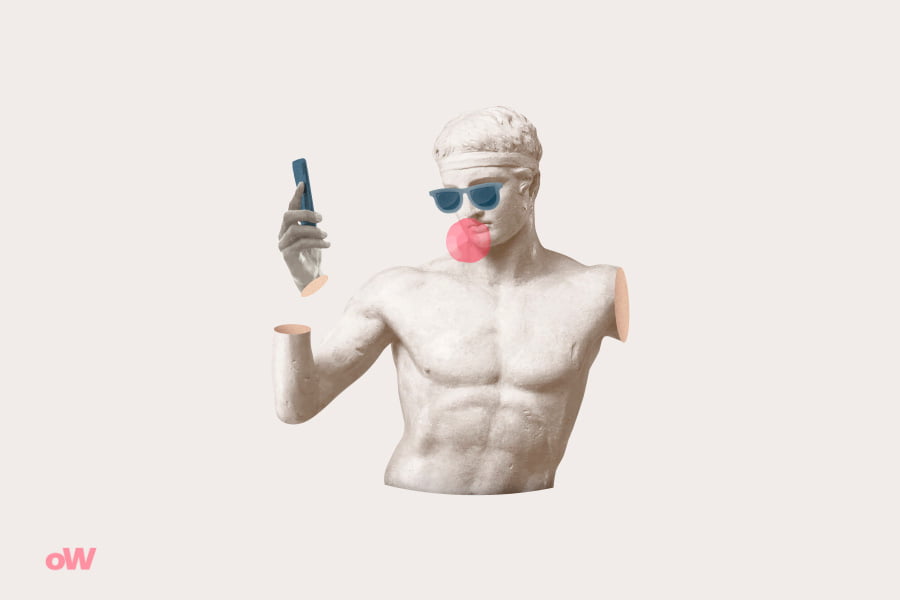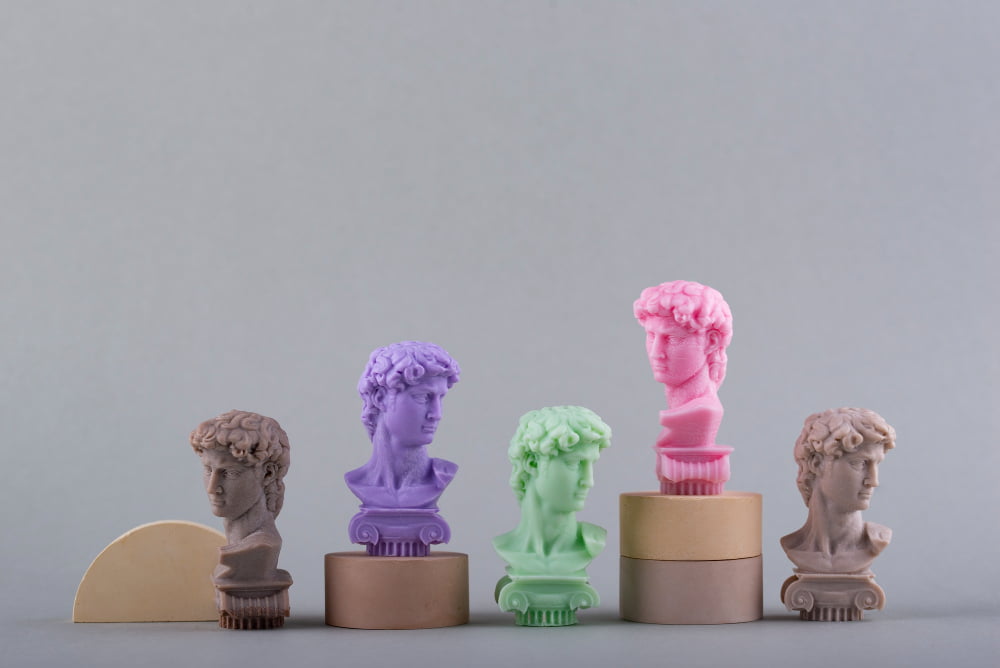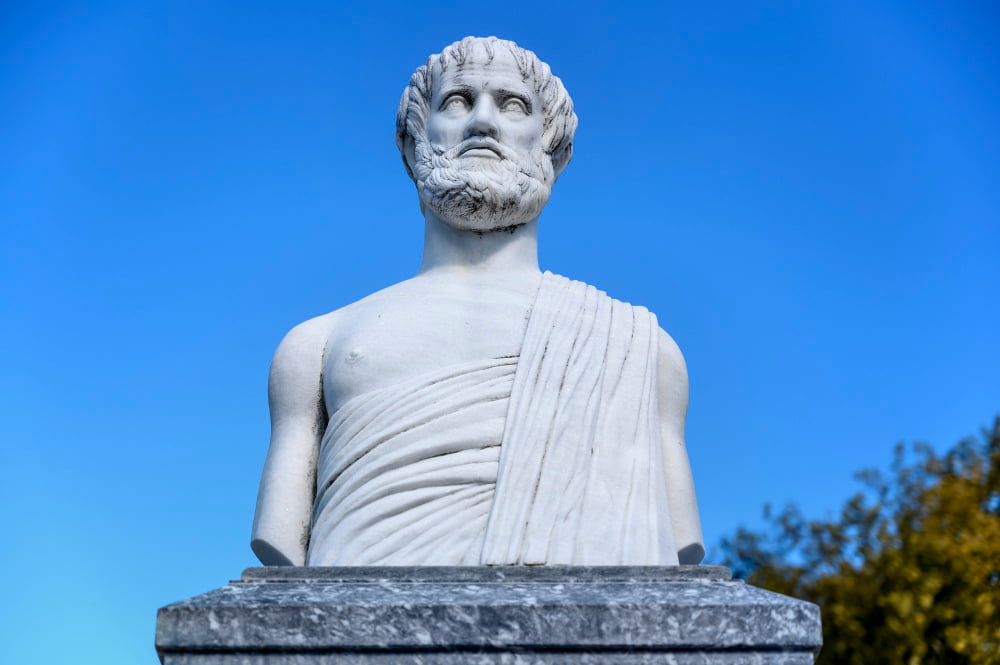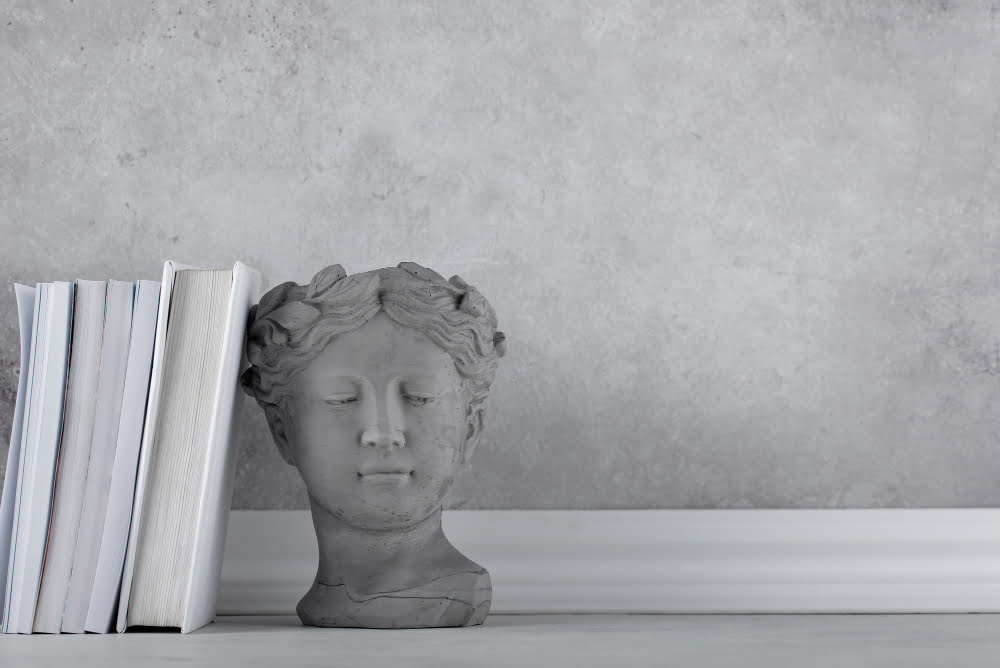Quiz: Which Philosopher Are You?

Philosophy is not a dry academic discipline, but a living, pulsating organism of ideas that continues to shape our world. Our quiz “Which Philosopher Are You?” is your personal guide to this amazing world. It will not only allow you to discover which great thinker you share a worldview with, but also reveal new facets of your own thinking.
Philosophy: A Brief Look at Its Role in Shaping Humanity
Philosophy is not just an academic discipline; it’s a fundamental way of understanding reality that has formed the foundations of our civilization. From ancient Greek agoras to modern university lecture halls, philosophy has been and remains a catalyst for intellectual and social progress.
The influence of philosophy on our lives is truly all-encompassing. In the realm of ethics, philosophical concepts of morality underpin our laws and social norms. For instance, Jeremy Bentham’s utilitarianism influenced the formation of modern democratic systems. In politics, from Plato’s “Republic” to Marx’s “Capital,” philosophical ideas have shaped political systems and revolutions.
Science hasn’t escaped the influence of philosophy either: philosophy of science, developed by thinkers like Karl Popper, defines the methodology of modern scientific research.
In art, aesthetic theories of philosophers from Aristotle to Adorno continue to influence our perception of beauty and creativity. Even in the field of technology, ethical dilemmas raised by philosophers are more relevant than ever in the context of AI and biotechnology development.

Why Do We See Ourselves in Philosophers?
The psychological phenomenon of identifying with philosophers is deeply rooted in our nature. This happens because philosophers often embody certain archetypes of thinking.
For example, Hume’s skepticism or Descartes’ rationalism may resonate with our own cognitive inclinations. Moreover, philosophers ask questions that concern each of us. When we read Camus pondering the meaning of life, we recognize our own doubts and searches.
Our perception of philosophers is often colored by cultural context. For instance, in the Western world, the ideas of the Enlightenment are deeply ingrained in the public consciousness. Equally important are the personal stories of philosophers: their struggles and triumphs can inspire us and serve as examples of intellectual courage.
How Can Philosophy Change Your Worldview?
Immersion in the world of philosophy can be a catalyst for profound personal changes. Studying logic and argumentation, developed by philosophers such as Aristotle and Frege, can improve your critical thinking skills. Familiarity with ethical theories, from Kant’s categorical imperative to modern discussions on animal rights, can make you rethink your moral positions.
In the realm of political consciousness, studying political philosophy, from Machiavelli to Rawls, can change your understanding of justice and power. For self-knowledge, Husserl’s phenomenology or Freud’s psychoanalysis can offer new tools for self-analysis. And comparative philosophy, studying various cultural traditions, can broaden your horizons and promote greater tolerance.

How This Philosopher Quiz Works
Our quiz is not just entertainment, but a carefully developed psychometric tool. It is based on the principles of factor analysis used in modern personality psychology. Each question represents a mini-case reflecting a real-life situation or ethical dilemma. Answers are evaluated on several scales, including rationalism vs empiricism, individualism vs collectivism, materialism vs idealism.
A complex algorithm is used to match your answers with profiles of various philosophers. The result includes not only the name of the philosopher but also a detailed analysis of your philosophical profile.
Philosophers Featured in the Quiz
Our quiz presents a wide range of philosophers, covering various epochs, cultures, and schools of thought. Here are some of them:
- Plato: His theory of forms and concept of an ideal state still influence our understanding of reality and politics.
- Aristotle: His systematic approach to knowledge laid the foundations for Western science and logic.
- Confucius: His teachings on harmony and social order continue to shape Eastern philosophy and ethics.
- Friedrich Nietzsche: His critique of traditional morality and concept of the “superman” remain subjects of heated debate.
- Simone de Beauvoir: Her analysis of gender roles in “The Second Sex” became a fundamental text of modern feminism.
- Albert Camus: His exploration of absurdity and rebellion offers a unique perspective on human existence in the modern world.
- Ludwig Wittgenstein: His work on philosophy of language revolutionized our understanding of meaning and communication.
- Hannah Arendt: Her analysis of totalitarianism and concept of the “banality of evil” remain relevant in contemporary political discourse.

Conclusion: Why Take This Quiz?
Taking our quiz is not just a way to kill time. It’s an opportunity to learn more about your way of thinking and worldview. It’s a chance to broaden your horizons by getting acquainted with diverse philosophical ideas and currents.
The quiz stimulates intellectual growth by making you ponder fundamental questions of being and cognition. It can help improve communication by allowing you to better understand different viewpoints and arguments. Finally, it’s an opportunity to find inspiration by discovering philosophers whose ideas can inspire you to new achievements.
How to Play?
Click the "Start Quiz" button and answer each quiz question honestly. There are no right or wrong answers. You may encounter multiple-choice questions or statements to rate on a scale of agreement. Once you finish the quiz, you'll receive results that provide insight into your personality traits, including strengths and weaknesses. Use this information to increase self-awareness and make positive changes.
How many questions does this quiz have?
15 Questions
How long does it take to complete this quiz?
4 Minutes
Questions Overview
- Question everyone's belief about purpose, including your own.
- Discuss the eternal recurrence and will to power.
- Emphasize the importance of rites and good moral conduct.
- Speak about freedom and existentialism.
- By asking a series of probing questions.
- By challenging the underlying moral and societal values.
- By seeking a middle ground and harmony.
- By exploring the existential ramifications.
- A walk in the Agora, chatting with fellow Athenians.
- A solitary mountain hike reflecting on life’s tragedies.
- Meditation and reflection on ancient proverbs.
- Writing feminist essays over a cup of coffee.
- A hemlock-filled chalice, just in case.
- A mustache and intense gaze.
- A compass pointing to ethical north.
- An iconic French beret.
- I know that I know nothing.
- God is dead, and we have killed him.
- Study the past if you would define the future.
- One is not born, but rather becomes, a woman.
- A desire to question everything.
- An urge to challenge and disrupt.
- A duty to impart wisdom and maintain order.
- The weight of patriarchal structures.
- Hold a public discourse.
- Write poetic aphorisms.
- Offer guidance to the youth.
- Advocate for gender equality.
- An owl, the symbol of wisdom.
- A lone eagle soaring above the mountains.
- A loyal and disciplined dog.
- A fierce, independent cat.
- Question the nature of suffering.
- See it as a part of life's eternal cycle.
- Reflect on ancient teachings for guidance.
- Ponder on the human condition and its freedoms.
- Ancient Athens.
- The Swiss Alps for some solitude.
- A tranquil temple in China.
- Paris in the 1940s.
- Unwavering curiosity.
- Raw and unfettered truth.
- Balance and harmony.
- Radical freedom.
- Underneath an olive tree.
- In a dimly lit, antique study.
- Beside a serene pond.
- At a bustling Parisian cafe.
- "The unexamined life is not worth living."
- "He who has a why to live can bear almost any how."
- "It does not matter how slowly you go as long as you do not stop."
- "One is not born a genius, one becomes a genius."
- A simple glass of water.
- Wine, deep and robust.
- Tea, brewed to perfection.
- French espresso, strong and dark.
- Debating philosophy under the stars.
- Writing passionately by candlelight.
- Sharing wisdom with the next generation.
- Attending a play or reading feminist literature.





